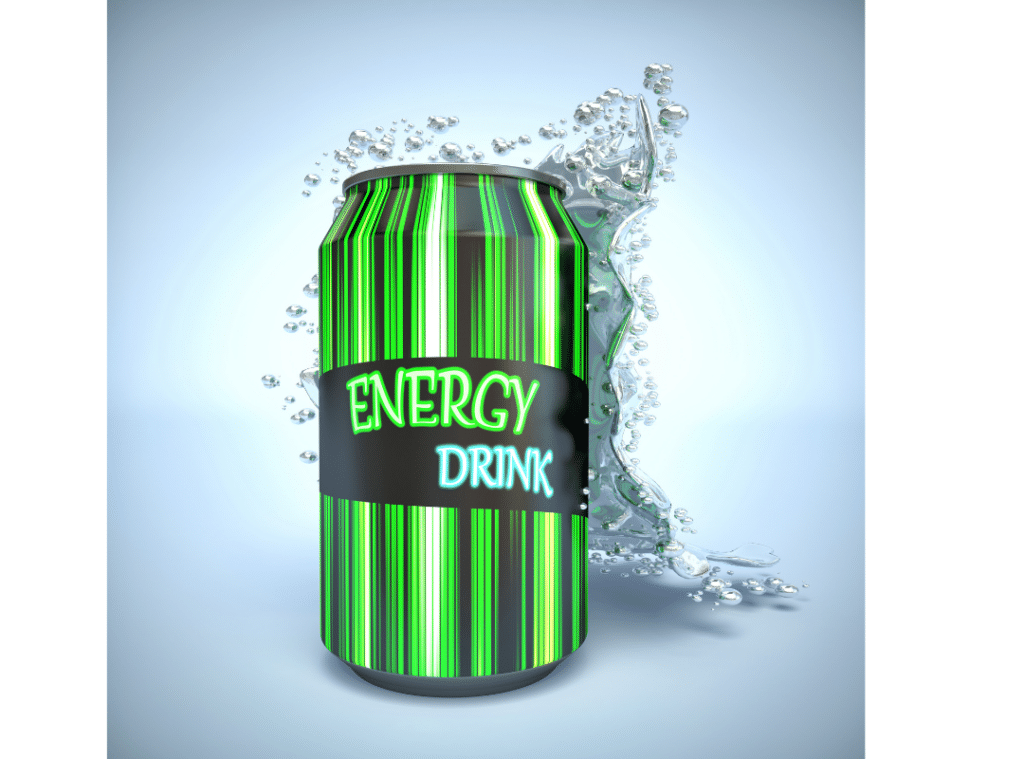As we age, maintaining consistent energy levels becomes increasingly important. While many turn to popular energy drinks for a quick boost, these beverages can pose hidden dangers, especially for older adults. It’s essential to understand the effects of these products and explore natural energy drinks for seniors that align with healthy aging.
At Westmont of Chico, we believe in empowering our residents with safer, more effective alternatives. In this article, we’ll uncover the truth about energy drinks for seniors, identify healthier substitutes, and offer lifestyle guidance for boosting vitality naturally.
Learn more about our wellness programs by visiting Westmont of Chico.
The Hidden Dangers of Energy Drinks for Seniors
Energy drinks often promise quick revitalization, but they’re typically loaded with sugar and caffeine, which can be problematic for aging bodies. Energy drinks for seniors may trigger heart palpitations, hypertension, or anxiety, especially if combined with common medications.
These concerns are not just hypothetical. According to the National Institutes of Health, caffeine sensitivity increases with age, making seniors more vulnerable to side effects like insomnia and jitteriness.
In contrast, hydration through water or herbal teas, paired with a nutrient-dense diet, promotes sustainable energy. At Westmont of Chico, we encourage daily routines that prioritize safe and healthy energy maintenance.
Debunking the Myths Around Energy Drinks
Many older adults believe energy drinks are a fast and effective solution to low energy, but that’s a dangerous myth. The caffeine and sugar content in these drinks can lead to an initial high followed by a dramatic energy crash.
Why These Myths Persist
- Marketing tactics falsely suggest that energy drinks are safe for all age groups.
- Aging fatigue can tempt individuals to look for immediate fixes rather than long-term solutions.
- The illusion of alertness masks the real physical cost of consuming energy drinks.
Instead, seniors should focus on instant energy food for old age that promotes energy stability, like lean proteins, fiber-rich grains, and hydrating fruits.
For a deeper understanding of heart-healthy options, check out this article on senior nutrition.
Ingredients to Avoid (and What to Look For)
The best energy drinks for seniors are those free from excessive stimulants. Reading labels and understanding ingredients can make all the difference.
Caution with Caffeine
Older adults often metabolize caffeine more slowly. This means even moderate consumption can linger in the body, affecting sleep and increasing anxiety. According to Harvard Health, more than 200 mg of caffeine per day can be risky for seniors.
Safer, Nutrient-Dense Choices
Skip the flashy energy drinks and look for natural energy drinks for seniors that are rich in:
- B Vitamins
- Electrolytes (like potassium and magnesium)
- Natural ingredients such as green tea or ginseng (in low doses)
Incorporating personalized nutrition into your daily routine will also ensure optimal energy support without harsh ingredients.
Comparing Common Effects of Energy Drinks
| Energy Drink Ingredient | Risk for Seniors |
| High caffeine (100-300mg) | Increased blood pressure, anxiety |
| Refined sugars | Blood sugar spikes, weight gain |
| Artificial sweeteners | Digestive discomfort, headaches |
| Herbal extracts | May interfere with medications |
For an energy drink for an elderly woman with pre-existing conditions, these ingredients can exacerbate health issues. Always consult a healthcare provider before introducing new supplements or drinks.

Healthier Energy Alternatives for Seniors
There are safer ways to stay energized throughout the day, without reaching for a commercial energy drink. These alternatives are not only effective but also tailored to support the unique needs of older adults.
Try These Instead:
- Hydration First: Water with a splash of lemon, cucumber, or mint can provide a gentle refresh. Coconut water offers electrolytes for added support.
- Energy-Boosting Foods: Instant energy food for old age includes:
- Bananas
- Oatmeal
- Hard-boiled eggs
- Almonds
- Bananas
- Senior-Friendly Smoothies: Blend spinach, banana, Greek yogurt, and chia seeds for a fiber- and protein-rich morning boost.
- Supplemental Drinks: Look for brands that create natural energy drinks for seniors without added sugars and artificial ingredients.
By making these swaps, you’re embracing the best energy drinks for seniors—those that support the body holistically and gently.
Everyday Lifestyle Changes for Long-Term Energy
Creating sustainable energy doesn’t stop at what you eat or drink. Your daily habits play a major role in how energized you feel.
Daily Routines That Boost Energy Naturally
- Stay Active: Incorporate 20–30 minutes of light exercise like walking, stretching, or swimming. Regular physical activity boosts circulation and mood.
- Prioritize Rest: Establish a bedtime routine with calming practices like reading or deep breathing. Quality sleep supports metabolism and energy regulation.
- Engage Socially: Conversations and connections with others help prevent isolation and fatigue. Social engagement is proven to support emotional and physical well-being.
Adding these habits to your day complements dietary choices and helps you feel your best—no artificial energy required.
What to Consider Before Choosing an Energy Drink
Before trying any energy drink for an elderly woman or man, review these questions:
- Does it contain more than 100mg of caffeine?
- Are there artificial colors or sweeteners?
- Has my doctor approved this based on my medications?
- Is it labeled as a natural energy drink for seniors?
Even health-labeled products can be misleading. Prioritize transparency and safety by sticking to familiar ingredients and approved brands.
Discover Wellness at Westmont of Chico
At Westmont of Chico, we believe in supporting seniors with evidence-based, safe wellness strategies. We help our residents find the best energy drinks for seniors—and more importantly, the healthy routines that support true energy every day.
Explore how we encourage natural health solutions through personalized meal planning, engaging activities, and educational workshops.
📞 For more insights on maintaining a healthy lifestyle, contact us at 530-767-3886.
📍 Schedule a visit here: Westmont of Chico Tour
Energize Naturally: Choose Wellness Over Quick Fixes
Rather than turning to high-caffeine beverages, seniors can find lasting vitality through smart choices. By avoiding the risks of energy drinks and embracing natural energy drinks for seniors, you ensure better health and energy levels long term.
The best energy drinks for seniors are the ones that come from nutrient-dense food, proper hydration, physical movement, and a well-balanced lifestyle. Whether you’re looking for an energy drink for an elderly woman or simply want to find instant energy food for old age, safe and natural options are always best.
Choose well. Energize smart. And let your golden years be filled with strength and vitality—naturally.
Discover the level of care you or your family member requires. What Level of Care Do You Need?
Frequently Asked Questions
What is the best energy booster for seniors?
The best energy booster for seniors is a combination of natural sources like nutrient-rich foods, proper hydration, and regular physical activity. Whole foods energy drinks that contain B vitamins, ginseng, or green tea extract are gentle yet effective for older adults. Protein shakes and smoothies made with fruits, veggies, and a protein source can also help boost energy levels. It’s important to avoid overly caffeinated products and consult with a healthcare provider before starting any new supplement.
Is it safe for seniors to drink energy drinks?
Energy drinks are generally not recommended for seniors, especially those with heart conditions, high blood pressure, or sensitivity to caffeine. Many commercial energy drinks contain high levels of sugar, stimulants, and artificial ingredients that may lead to adverse effects. However, there are senior-friendly alternatives that are low in caffeine and made with natural ingredients. Always check the label and consult a doctor before including energy drinks in a senior’s diet.
What is the best drink for the elderly?
The best drinks for the elderly include water, herbal teas, low-sugar electrolyte beverages, and nutrient-rich smoothies. These options help maintain hydration and provide essential vitamins and minerals without overwhelming the system. Drinks fortified with protein, calcium, or vitamin D can also support bone and muscle health. Avoid sugary sodas or highly caffeinated beverages, which may cause dehydration or interact with medications.
How can a 70-year-old get more energy?
A 70-year-old can boost energy by maintaining a balanced diet rich in whole grains, lean protein, fruits, and vegetables. Staying physically active through light exercise like walking or stretching improves circulation and vitality. Getting quality sleep and managing stress levels also contribute significantly to overall energy. Additionally, checking for nutrient deficiencies and discussing supplements with a healthcare provider can help restore energy levels.
What vitamins should a 70-year-old take?
A 70-year-old should focus on vitamins such as B12, D, calcium, and magnesium, which support energy, bone health, and immune function. Vitamin B12 becomes harder to absorb with age, making supplementation important. Vitamin D and calcium help prevent osteoporosis and support muscle strength. A multivitamin designed for seniors can offer a balanced mix, but it’s best to consult a doctor before starting any new supplement regimen.
What vitamins are good for fatigue and tiredness?
Vitamins that combat fatigue and tiredness include B vitamins (especially B12 and B6), vitamin D, and iron. B vitamins help the body convert food into energy and support brain function. Low levels of vitamin D can lead to fatigue and muscle weakness, especially in older adults. Iron helps carry oxygen in the blood, and a deficiency may result in constant tiredness, so it’s crucial to check levels before supplementing.









